By Lawrence Weber
The Battle of Champion’s Hill was a pivotal event in the American Civil War. Ulysses S. Grant would pursue the retreating Confederate army to an area 20 miles east of Vicksburg, bringing about the Siege of Vicksburg and the Confederates’ surrender.
Some of the men involved in the Battle of Champion’s Hill lived to see the end of the war; others did not.
James B. McPherson & John A. McClernand
After the battle, Maj. Gen. James B. McPherson, one of Ulysses S. Grant’s favorite generals, was given command of the Army of the Tennessee when Maj. Gen William T. Sherman was promoted to commander of all armies in the Western Theater. McPherson went on to fight with Sherman’s Army of the Cumberland and the Army of the Ohio during the Atlanta Campaign, where he was mortally wounded on July 22, 1864, at Peachtree Creek. his death was a heavy loss for the Union.
Maj. Gen. John A. McClernand was involved in the Vicksburg siege operations for a time, but eventually was relieved of his command by Grant for insubordination and was replaced by Maj. Gen. Edward O.C. Rod. President Abraham Lincoln eventually reinstated McClernand to field command in 1864, giving him command of the XIII Corps of the Department of the Gulf in a politically motivated maneuver.
Poor health restricted McClernand’s ability to do his job, however, and he resigned from the Army on November 30, 1864. McClernand went on to an undistinguished career in politics and law after the Civil War. He died on September 20, 1900, and was buried in Oak Ridge Cemetery, Springfield, Illinois—the same cemetery as Lincoln.
Lieutenant General John C. Pemberton eventually surrendered Vicksburg to Grant. He was taken prisoner of war, but was exchanged rather quickly and returned to the army. Voluntarily resigning his general’s commission, Pemberton went on to serve as a lieutenant colonel of artillery for the remainder of the Civil War.
Despite his loyal service to the Confederacy, Pemberton was always remembered in the South as the man who surrendered Vicksburg. After the war he lived as farmer in Virginia before moving back to his home state of Pennsylvania. He died on July 13, 1881, and was buried in Laurel Hill Cemetery, Philadelphia.
“Grant’s Crown of Immortality Was Won”
Major Samuel Hawkins Marshall Byers of the 5th Iowa Infantry perhaps put it best when he wrote:
“The battle of Champion’s Hill was won, and the victorious Union army was shortly in a position to compel the surrender of the key to the Mississippi River. Grant’s crown of immortality was won, and the jewel that shone most bright in it was set there by the blood of the men of Champion’s Hill. Had that important battle failed, Grant’s army, not Pemberton’s would have become prisoners of war. Where then would have been Vicksburg, Spotsylvania, Richmond, Appomattox?” One hundred and forty-eight years later, the question still resonates.
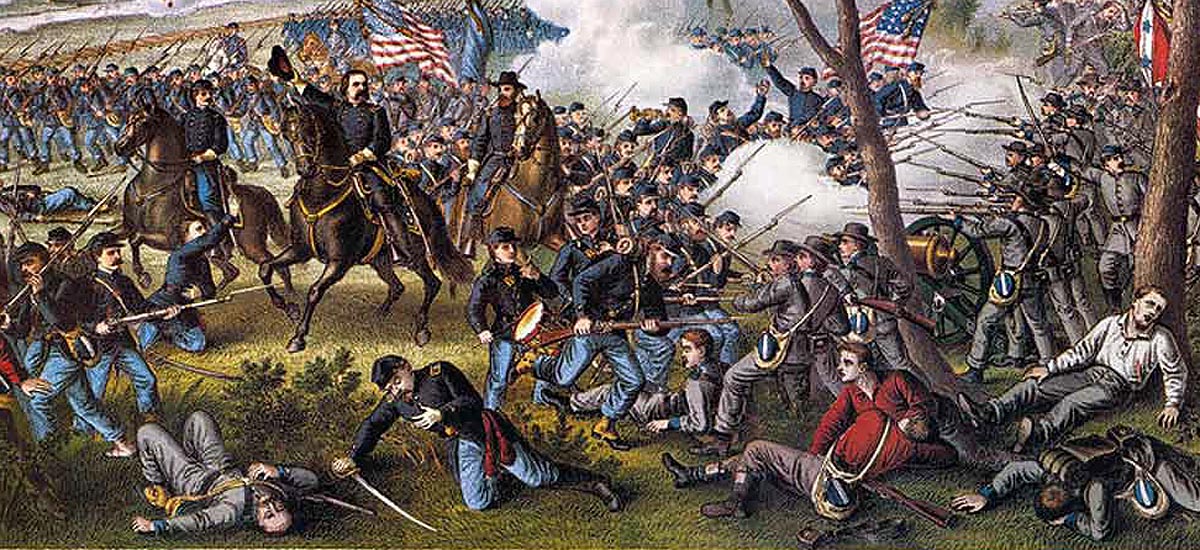
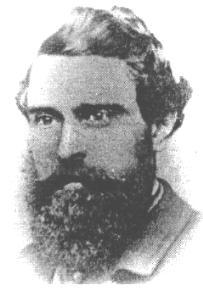
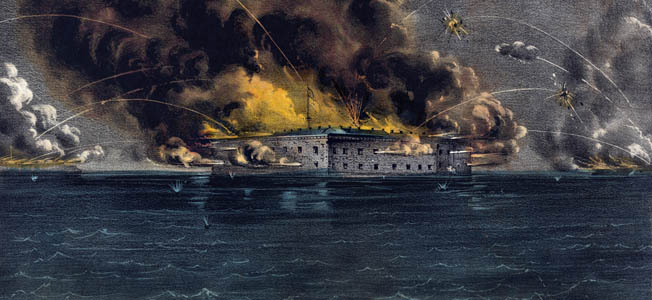
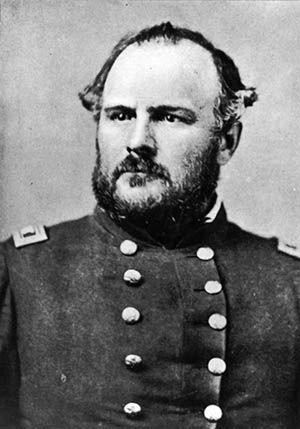
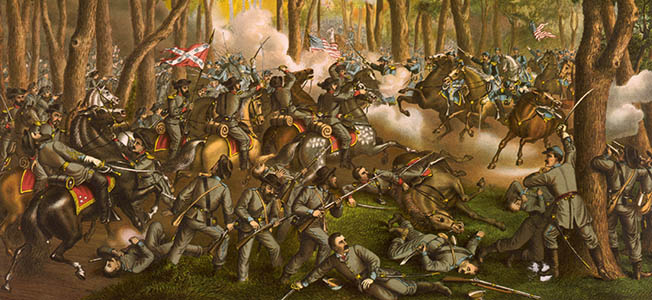
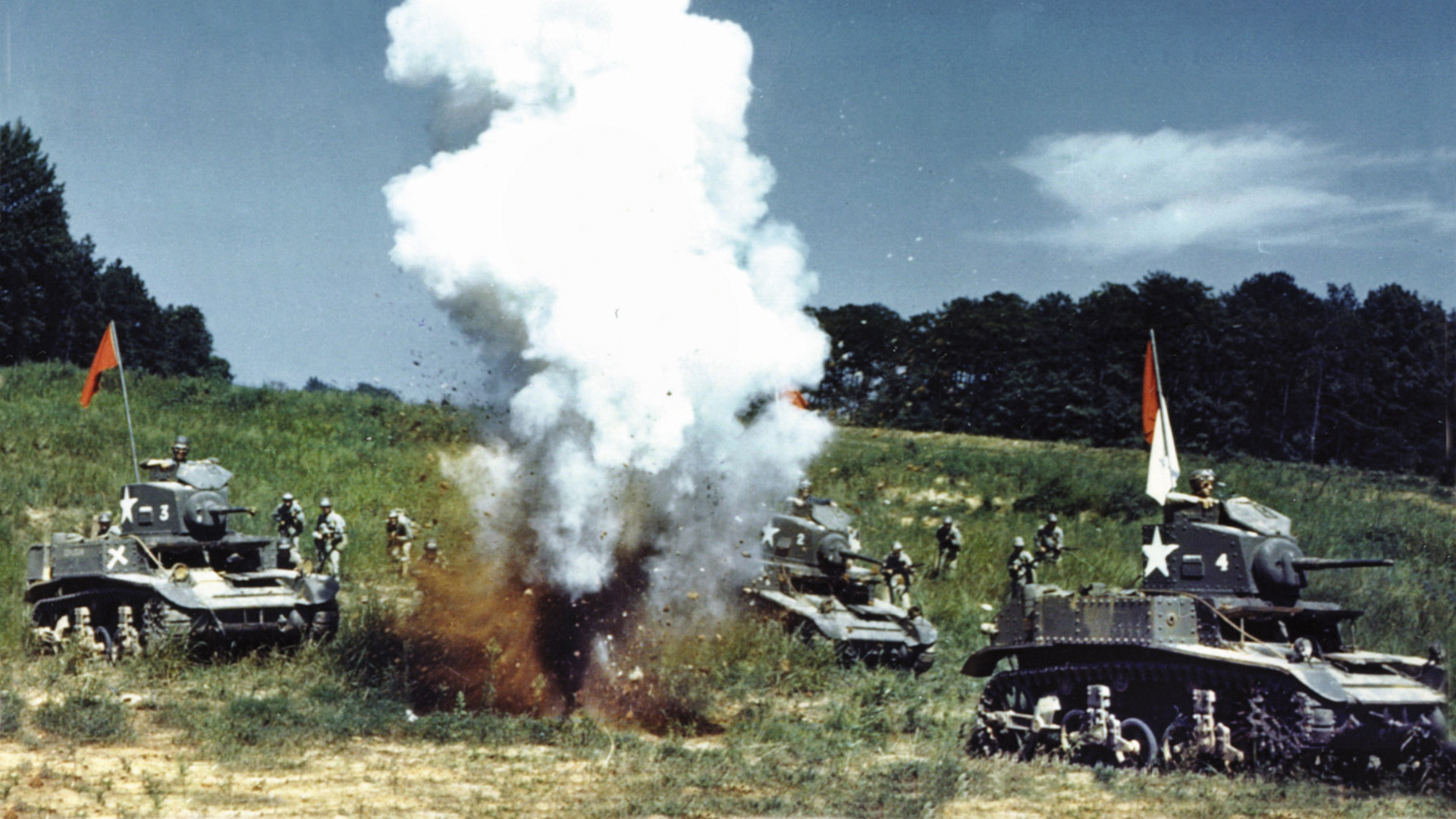
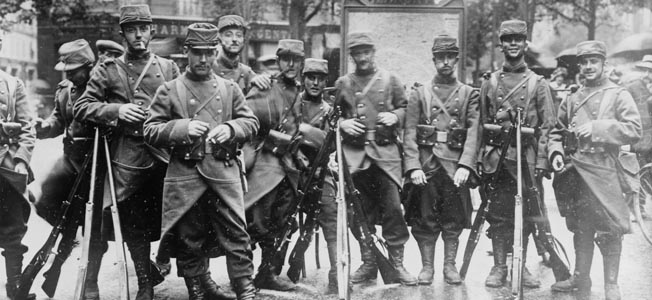
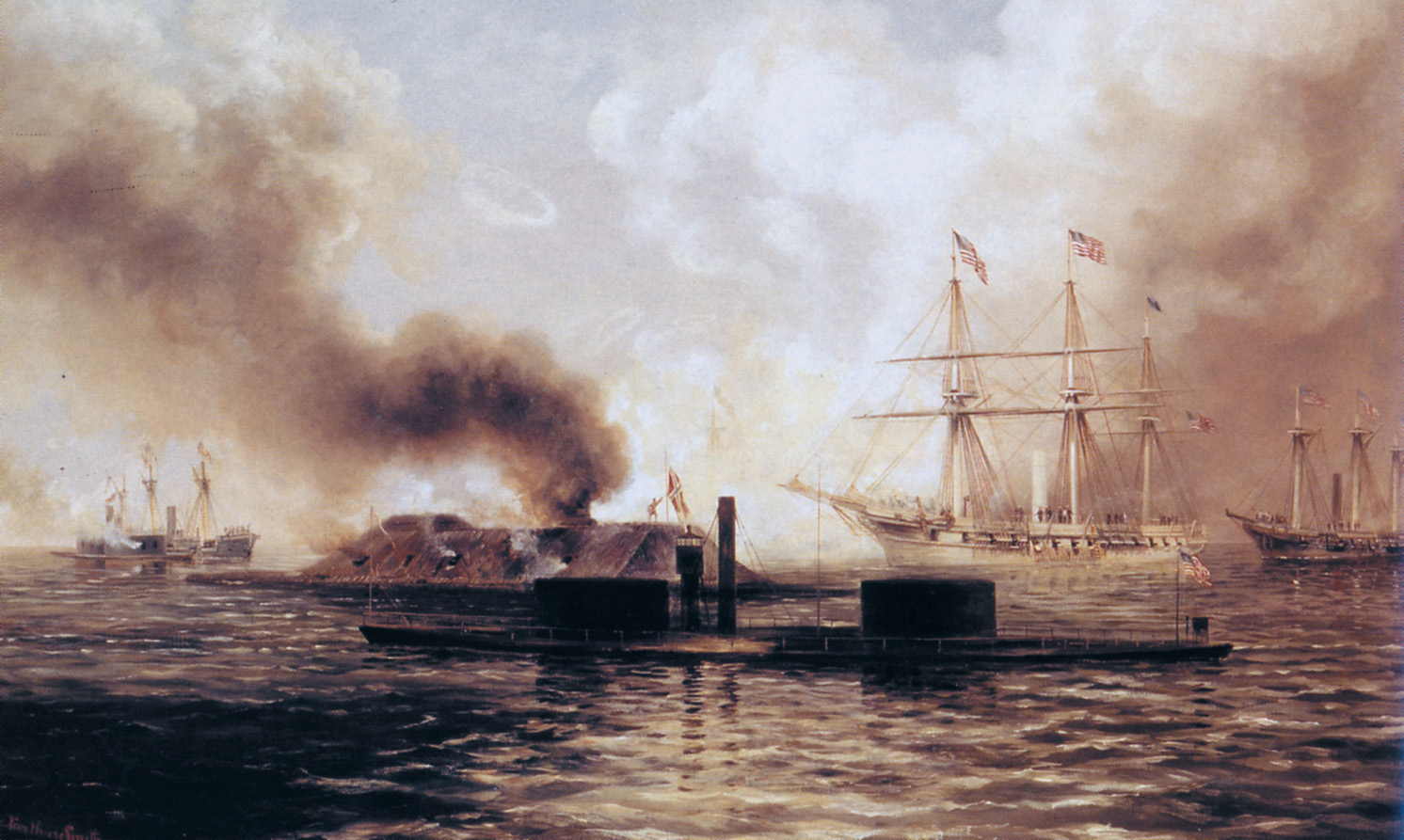
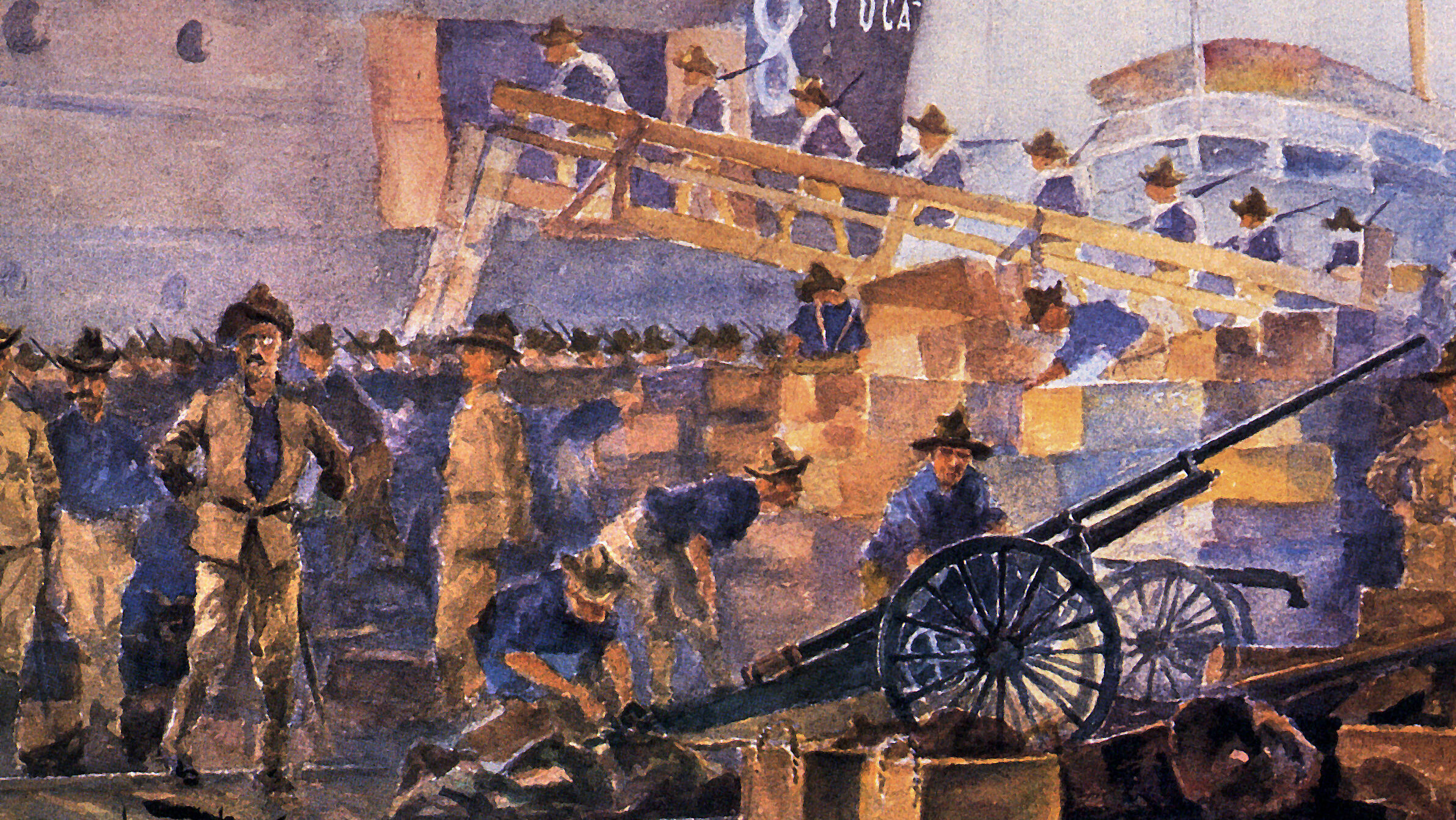
Join The Conversation
Comments
View All Comments